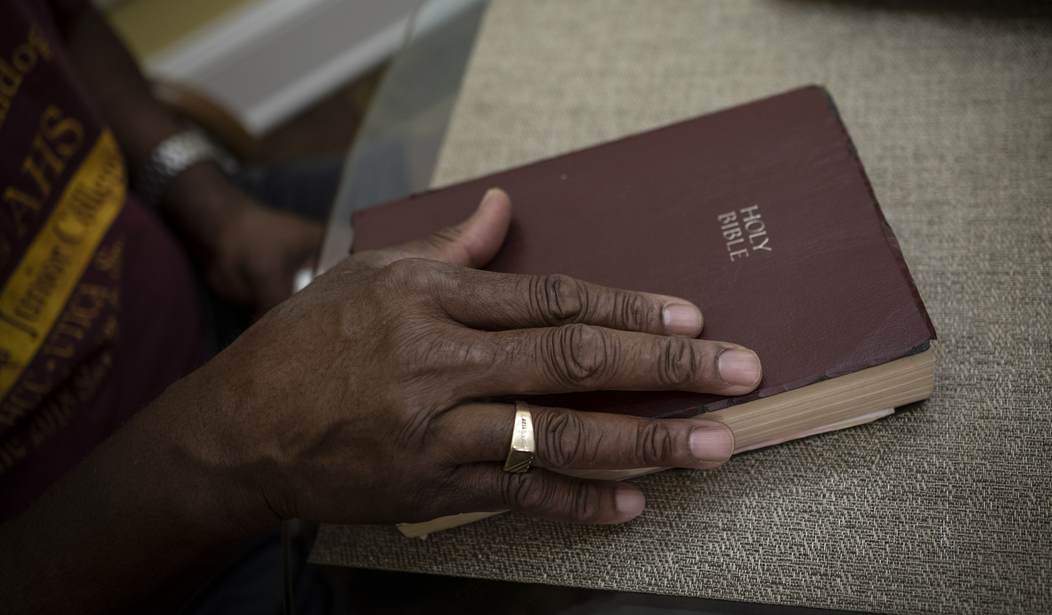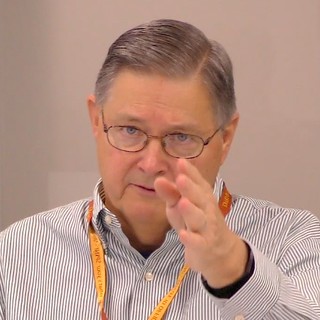If you were able to scan my bookshelves, you would quickly realize that I have (probably too) many books and that most of them concern faith, philosophy, and history. And yes, my being an old Formula Ford racer, there are a few volumes on motorsports as well.
There are many books on my shelves about one book in particular, the Bible and why, as seen in multiple illustrations and abundant material and logical evidence, it is the greatest book ever written.
Actually, the Bible is 66 books written by a bunch of different men who lived over millennia, but the message is the same from beginning to end. You might want to think about that fact if you have not spent much time perusing its pages.
You would also find books concerning ancient history, the medieval period, and modern times (that’s a hint about who I consider to be the finest historian ever!). The philosophy tomes capture Aristotle, Plato, Aquinas, Machiavelli, Locke, Hume, the Moderns, and the Post-Moderns.
Motorsports? Well, if you know about racing, you will recognize Piero Taruffi and his The Technique of Motor Racing, still considered to be the finest description ever of the proper technique for driving a race car around a track at its highest limits, and doing so, as the Italians say, allegro con brio.
So why am I sharing these thoughts this morning? In my morning meditation of prayer and reading (of what else but books), including the Bible and a couple of daily devotionals that I especially appreciate, I came across an essay today that begins with this statement:
“Here’s a good rule of thumb about morality: Never believe those who say murder or rape may not really be wrong … Usually, when personally threatened with murder or rape, they change their tune!”
The author of that essay is the Christian philosopher and professor Paul Copan, and it is one of his several contributions to the Apologetics Study edition of the Bible, published by Holman. If you are not a believer but have an open mind and a desire to make your own decisions about these matters, this edition of the world’s best-seller is the one to get.
Copan’s essential point in his essay is that there can be no objective moral truth if there is no God. Another way of saying this is Dostoyevsky’s famous maxim: “If God does not exist, then everything is permitted.” The grand Russian author, by the way, was definitely not recommending atheism.
Copan goes on to explain:
“We live in a time when many claim everything is relative, yet ironically they believe they have ‘rights.’ But if morality is just the product of evolution, culture or personal choice, then rights — and moral responsibility — do not truly exist. But if they do, this assumes humans have value in and of themselves as persons, no what their culture or science textbooks say.
“But what then, is the basis for this value? Could this intrinsic value just emerge from impersonal, mindless, valueless processes over time (naturalism)? An Eastern philosophical approach to ethics is Monism (sometimes called ‘pantheism’): Because everything is one, no ultimate distinction between good and evil exists. This serves to support relativism.
“A more natural context for ethics is the theistic one in which we’ve been made by a good God to resemble Him in certain important (though limited) ways. The Declaration of Independence correctly notes that we’ve been endowed by our Creator with ‘certain inalienable rights.’ Human dignity isn’t just ‘there.’ Dignity and rights come from a good God (despite human sinfulness).”
Copan’s explanation is not a new one, of course, as others through the ages have made the same point.
When I first read his essay, I was reminded of the great “Common Sense” Scots philosopher Thomas Reid, who said this in his Inquiry and Essays:
“Truth is one but error is infinite. There are many truths so obvious to the human faculties that it may be expected that men should universally agree in them. And this is actually found to be the case with regard to many truths, against which we find no dissent, unless perhaps that of a few skeptical philosophers, who may justly be suspected in such cases, to differ from the rest of mankind through pride, obstinacy, or some favorite passion.”
To see Reid’s point, one need only think of why nobody in their right mind doubts that it is always and everywhere wrong to torture babies. (By the way, being a MacFarlane on my sainted Mother’s side, I may be slightly biased regarding Reid). But if we all know these things, why then, you may be asking, is the world still full of murder, genocide, rape, greed, and all the rest of the acts we once called “evil?”
It’s not because of material conditions like poverty — the richest nations on earth have routinely throughout history gone to war. It’s not because of ignorance because one doesn’t require a college degree to know that stealing others’ property is wrong.
At the most fundamental level of analysis, it seems to me, we must turn to the Book for the ultimate answers. Paul explains it most succinctly in Romans 1:16-25. Take a few minutes this Thanksgiving weekend to check it out. It could very well change how you think and see everything.
Author’s Note: This essay first appeared earlier today on HillFaith, the website of the 52-Week Ministry Foundation, of which I am the founder and editor.










Join the conversation as a VIP Member